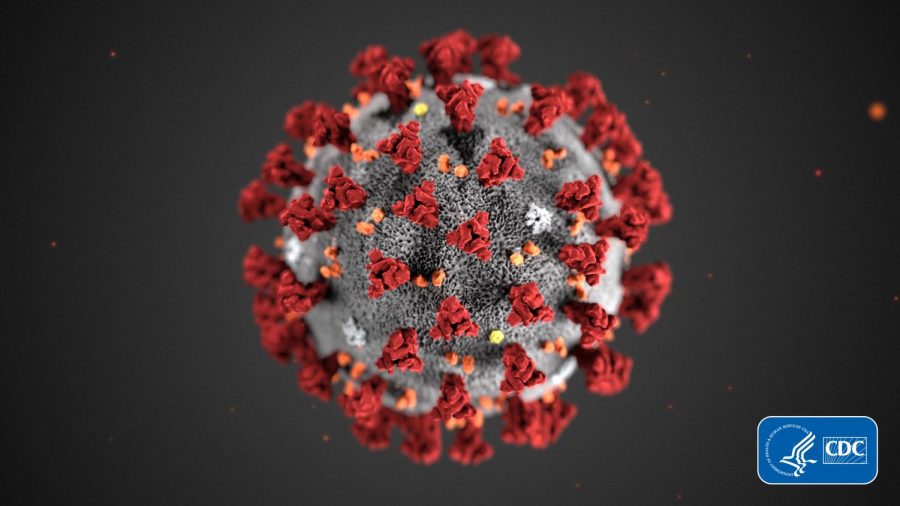Santa Rosa Junior College officials updated the school’s response to a potential coronavirus outbreak within the community Tuesday, a day after Sonoma County Department of Health Services declared a public health emergency in response to the virus.
SRJC President Dr. Frank Chong announced in a letter there would be rapid updates to the college’s pandemic emergency operation plan (EOP), which will determine the course of action in the event of an outbreak. Chong stated that he and SRJC staff worked diligently to make sure the students, faculty and staff are safe.
“We have incredible employees at this college who have planned, prepared and are now actively working to protect us all,” Chong said.
The EOP includes procedures, risk assessment, special considerations, communication, response and recovery plans for a possible outbreak in Santa Rosa. The custodians have implemented a new “advanced sanitation system” to clean frequently touched areas, and new procedures are being used to assess students with respiratory symptoms at Student Health Services.
Chong advised students and staff to strictly adhere to the Center for Disease Control and Prevention (CDC) guidelines in regard to hand washing and sanitation. Campus janitors will be placing hand sanitizer, disinfecting wipes and cleaning sprays in common areas to aid in sanitation.
In his letter, Chong underlined the most important steps to preventing the spread of the coronavirus: wash hands for at least 20 seconds, cover coughs and sneezes, avoid touching face and mouth and maintain adequate hygiene.
The Sonoma County Department of Health Services (SCDHS) announced Monday they were declaring a health emergency for the county after a second person from a cruise ship unrelated to the cruise ship in Japan had tested “presumptive positive” for the coronavirus. This means the CDC can determine with a high degree of certainty the individual was infected.
SCDHS advises those with fever or cough symptoms who have been in close contact with someone who has returned from China, Italy, Iran, Japan or South Korea to seek medical attention. The organization also recommends staying home when sick as a precaution to reduce infections.
The Sonoma County emergency declaration comes a week after the first report of community spread in Solano County.
Solano County, which shares a small border with Sonoma County, is the location of Travis Air Force Base where U.S. nationals who have traveled in China, Japan and other hotspots are being held on 14-day quarantines. Health officials from the base have not identified any missteps in quarantine procedures despite the connection in new patients’ proximity to those being quarantined.
At this time, California is currently the state with the most infected individuals with 38 patients and one death; however, the greater health concern is Washington state with more than 30 cases and 10 related deaths.
Chong recommends that students visit Student Health Services to get a flu vaccine for those who have not had one yet this year. He was open to comments or questions through his SRJC email or by phone at 707-527-4431.
Major school closures are not being considered at this time, but the situation is fast-moving and subject to change.




